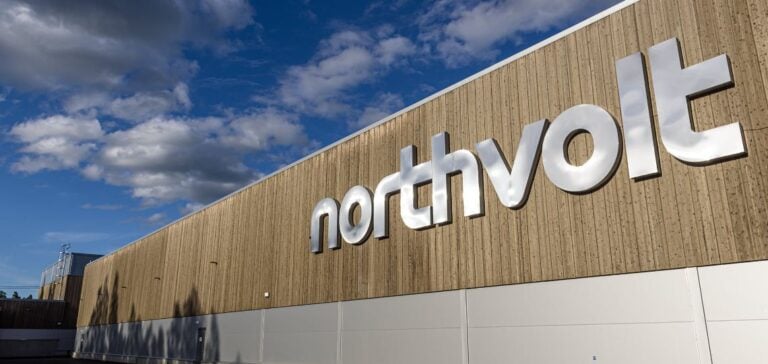Northvolt, a Swedish company specializing in energy storage via batteries for electric vehicles, has announced the sale of its California plant to Lyten, a U.S. start-up focused on lithium-sulfur battery technologies. This strategic decision aims to concentrate its resources on the European market and support its industrial ambitions in this priority region.
As part of this reorganization, research and development activities on lithium-metal, previously conducted in California, will be relocated to Sweden. This move reflects Northvolt’s efforts to optimize production and meet a growing demand for sustainable and efficient solutions in energy storage. Meanwhile, the mega-plant project in Quebec remains a strategic pillar and will not be affected by this restructuring.
Lyten: A strategic U.S. expansion
Lyten, founded in 2015, is undergoing rapid growth in the U.S. energy storage market. The company develops lithium-sulfur batteries, a technology offering significant potential for electric vehicles. These batteries avoid the use of critical metals such as cobalt and nickel, which are often imported from China.
As part of its growth strategy, Lyten will invest more than $1 billion in a lithium-sulfur battery giga-factory in Reno, Nevada. Production, planned for 2027, aims to strengthen the United States’ independence from foreign supplies of critical metals while consolidating the domestic supply chain in energy storage.
Northvolt strengthens its European presence
For Northvolt, the sale of its California site is part of a plan to focus on strategic European projects. The company is currently developing a plant in Germany, supported by a €902 million subsidy, as well as another in Sweden in partnership with Volvo Cars. These projects aim to meet the growing demand for batteries for electric vehicles and support Europe’s energy transition.
Northvolt’s expansion in Europe reflects a rapidly evolving market dynamic, where companies seek to optimize local production. These investments will allow the company to solidify its position as a leader in energy storage in Europe while reducing its reliance on distant infrastructures.
Financial challenges for Northvolt
Despite these strategic moves, Northvolt is grappling with significant financial challenges. According to sources, the company has recently considered filing for Chapter 11 bankruptcy protection under U.S. law. This step is reportedly part of a range of options being explored to address its current financial difficulties.
Since its establishment in 2016, Northvolt has raised approximately €10 billion in funding. However, the company has encountered production issues, the loss of a major client, and obstacles in securing additional financing. These challenges have placed considerable strain on its financial stability.
In October 2024, a Northvolt subsidiary, Northvolt Ett Expansion AB, declared bankruptcy following the cancellation of a planned expansion project at its Skellefteå plant in Sweden. The subsidiary’s debts were estimated to range between 2 and 3 billion Swedish kronor (approximately $194 to $290 million). This development has underscored the growing financial pressures on the company.
Ongoing discussions and strategies
Despite these setbacks, Northvolt continues to engage in discussions with creditors, shareholders, and clients to secure short-term financing solutions. The company is also exploring strategic options to stabilize its financial situation. While the possibility of Chapter 11 bankruptcy has been raised, no final decision has been announced. Northvolt remains committed to evaluating all options to navigate its financial challenges.





















